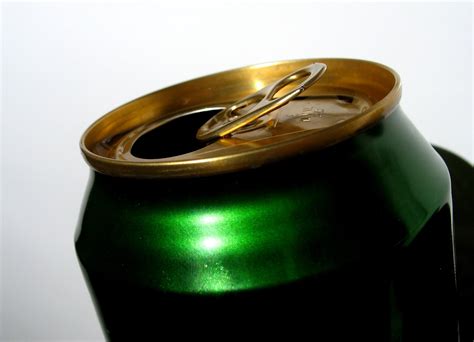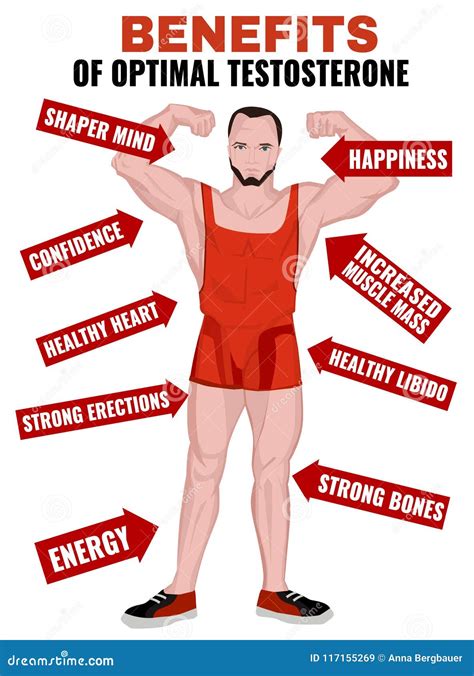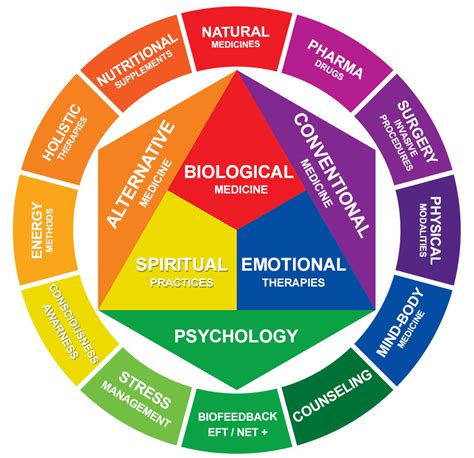How can diet and exercise naturally boost testosterone for male vitality?

Understanding Testosterone and Its Importance
Testosterone is a crucial hormone for men, playing a pivotal role in various bodily functions beyond just sex drive. It influences muscle mass, bone density, fat distribution, red blood cell production, mood, and energy levels. As men age, testosterone levels naturally decline, but modern lifestyles, stress, and poor habits can accelerate this reduction. While synthetic options exist, many men seek natural ways to optimize their testosterone, and the good news is that diet and exercise are incredibly powerful tools in this endeavor.

Dietary Strategies for Testosterone Optimization
What you eat directly impacts your hormonal balance. To naturally boost testosterone, focus on a nutrient-dense diet rich in specific macronutrients and micronutrients.
Prioritize Healthy Fats
Fats are not the enemy; in fact, healthy fats are essential for hormone production. Cholesterol, a precursor to testosterone, is derived from dietary fats. Incorporate sources of monounsaturated and polyunsaturated fats, such as avocados, nuts, seeds, olive oil, and fatty fish (salmon, mackerel). Saturated fats, in moderation from whole food sources like grass-fed meat and eggs, can also play a role.
Adequate Protein Intake
Protein is vital for muscle growth and repair, which indirectly supports testosterone levels, especially in conjunction with resistance training. Aim for lean protein sources like chicken breast, turkey, lean beef, eggs, and plant-based options such as lentils and beans. Excessive protein without adequate fats and carbs, however, can sometimes negatively impact testosterone, so balance is key.
Crucial Micronutrients: Zinc, Vitamin D, and Magnesium
- Zinc: A well-known mineral directly involved in testosterone production. Oysters are the best source, followed by red meat, poultry, beans, and nuts.
- Vitamin D: Often referred to as a hormone itself, Vitamin D levels are strongly correlated with testosterone. Get regular, safe sun exposure or supplement with Vitamin D3, and consume foods like fatty fish, fortified milk, and egg yolks.
- Magnesium: This mineral plays a role in hundreds of bodily processes, including testosterone synthesis. Spinach, almonds, avocados, and dark chocolate are excellent sources.

Exercise Regimens to Enhance Testosterone
Physical activity, especially certain types of exercise, is a potent natural testosterone booster.
Embrace Strength Training
Resistance training is arguably the most effective form of exercise for increasing testosterone. Focus on compound movements that work multiple muscle groups simultaneously, such as squats, deadlifts, bench presses, overhead presses, and rows. Lift heavy weights with proper form, aiming for 3-5 sets of 5-10 repetitions. Consistency is key, and allow for adequate recovery between sessions.
Integrate High-Intensity Interval Training (HIIT)
HIIT involves short bursts of intense exercise followed by brief recovery periods. Studies suggest HIIT can significantly boost testosterone and growth hormone levels. Examples include sprints, cycling, or rowing with alternating high-effort and low-effort intervals. Limit HIIT sessions to 2-3 times per week to avoid overtraining.
Avoid Chronic Cardio and Overtraining
While moderate cardio is good for heart health, excessive long-duration endurance training can sometimes have a suppressive effect on testosterone, particularly if caloric intake is insufficient. Similarly, overtraining any form of exercise without adequate rest and nutrition can lead to increased cortisol (a stress hormone) and decreased testosterone. Listen to your body and prioritize recovery.

Beyond Diet and Exercise: Lifestyle Factors
While diet and exercise are primary drivers, other lifestyle elements significantly impact testosterone levels.
- Quality Sleep: Getting 7-9 hours of quality, uninterrupted sleep per night is crucial. Testosterone production largely occurs during sleep, and chronic sleep deprivation is a major contributor to low levels.
- Stress Management: Chronic stress elevates cortisol, which has an inverse relationship with testosterone. Implement stress-reduction techniques such as meditation, yoga, spending time in nature, or engaging in hobbies.
- Limit Alcohol and Endocrine Disruptors: Excessive alcohol consumption can negatively impact testosterone. Be mindful of exposure to xenoestrogens found in plastics and certain chemicals, which can mimic estrogen in the body.

Conclusion
Naturally boosting testosterone for enhanced male vitality is an achievable goal through a dedicated and holistic approach. By making informed dietary choices, engaging in effective exercise routines, prioritizing quality sleep, and managing stress, men can significantly optimize their hormone health. These natural strategies not only support healthy testosterone levels but also contribute to overall well-being, energy, and a higher quality of life. Consult with a healthcare professional before making significant changes to your diet or exercise regimen, especially if you have underlying health conditions.










